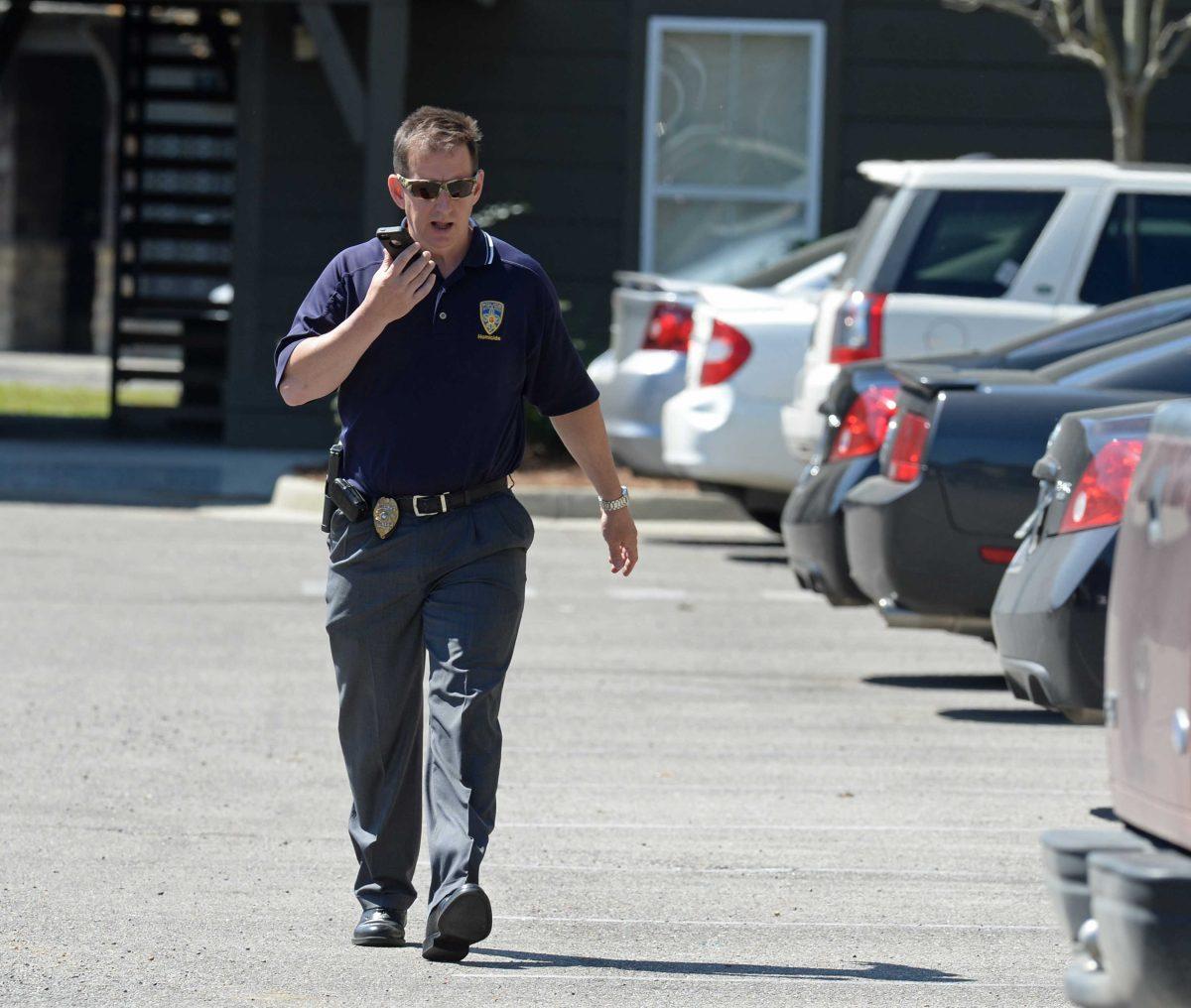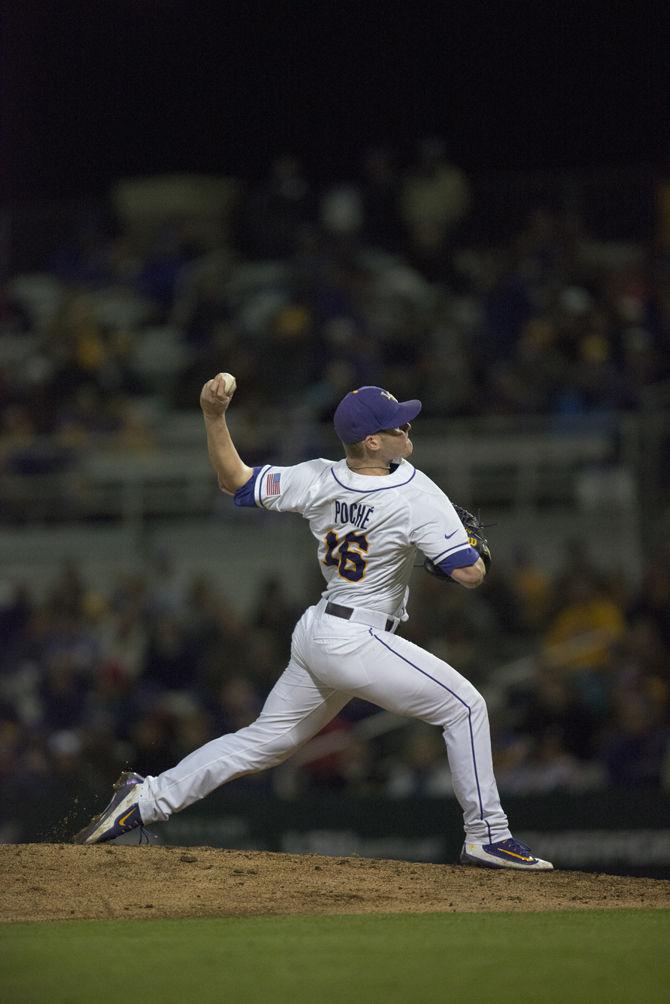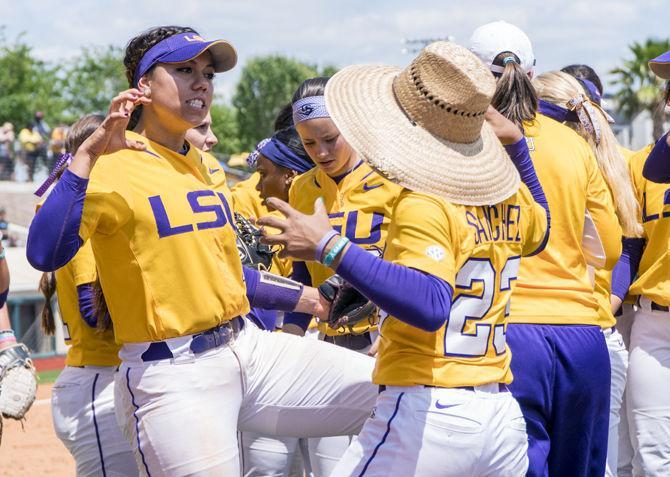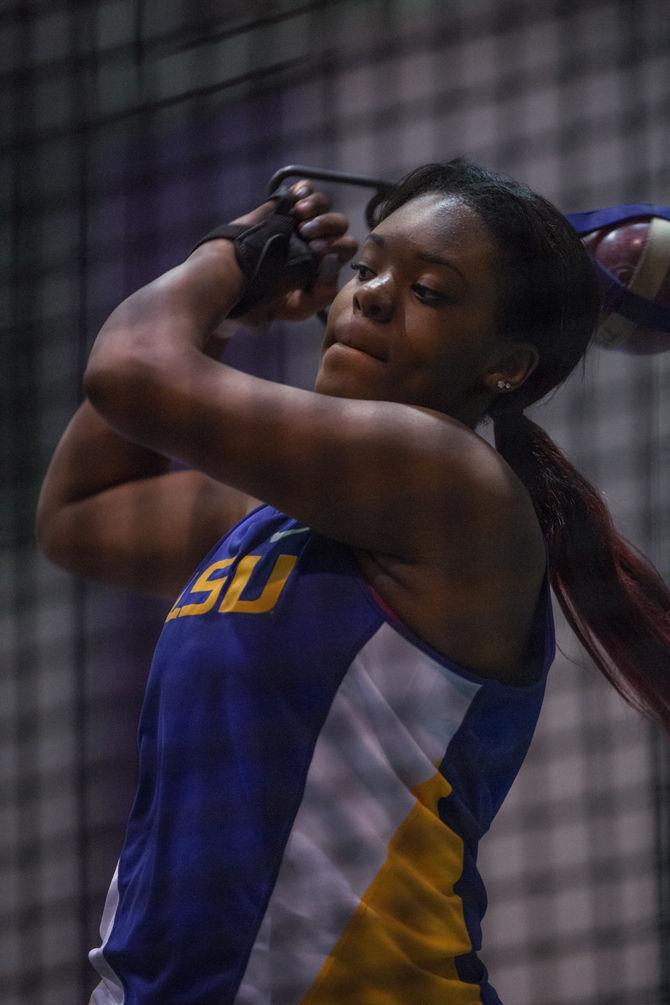Recent incidents between police officers and the public have led to increased tensions, which is why the Baton Rouge Police Department needs body cameras for every officer on duty.
In October 2015, the BRPD implemented a pilot program using the BRPD’s reserve funds, providing officers in the first district with body cameras to test their effectiveness.
On March 1, a public forum was held at the MLK Community Center, and Police Chief Carl Dabadie expressed his content with the success of the 400 police car cameras and the body camera pilot program. According to The Advocate, Dabadie credited the cameras for helping with a number of police investigations, including a shootout on Feb. 13 that wounded two BRPD officers and left the shooter dead.
Body cameras implemented across the country provide evidence to either corroborate a victim’s story or protect an officer from wrongful accusations. The majority of our law enforcement has our best interests at heart, but if they are falsely accused with no evidence, no one comes out a winner.
A police officer in Marksville, Louisiana wore a body camera in November. It provided footage that proved a father involved in a police chase had his hands raised when shots rang out. The State Police then arrested the deputy marshals, and they were indicted on second-degree murder charges.
In the case of Michael Brown, Officer Darren Wilson had numerous witness accounts to prove his case, and the grand jury heard over 70 hours of testimony. Wilson went further than necessary in a grand jury case and took the stand himself, despite his status as the defendant. Even after the grand jury announced its verdict, people still protested the decision because they didn’t believe the testimonies were enough to prove his innocence. A body camera could’ve prevented this confusion.
The New Orleans Police Department implemented one of the country’s most aggressive Body Worn Camera programs in 2014. In this program, every NOPD officer called to duty wears a BWC that records the entire interaction between the officer and residents. Police cars also have cameras, which leaves little to no room for doubt. Now, the public can view the footage.
In this age of technology, people need visual proof of what happened in almost every situation. Let’s not take this technological gift we have been given for granted by not doing everything we can to implement it in our own police forces.
We need officers to keep our communities safe, but the increasing lack of trust between officers and the public creates an unsafe environment for all. In instances where someone is hurt during an altercation with law enforcement, both parties should receive every bit of evidence in order to charge the correct person.
Like I said earlier, the vast majority of law enforcement officers are looking out for our safety and welfare. These brave men and women risk their lives daily to protect us. We shouldn’t let them get punished for the mistakes of the few who choose not to follow the rules. Body cameras are necessary to keep everyone safe.
Charlie Bonacquisti is a 20-year-old mass communication sophomore from Dallas, Texas.
OPINION: Body cameras keep police and people safe
April 14, 2016
An official investigates the scene where two female Southern University students were killed at The Cottages Apartment Complex in Baton Rouge, La., Sunday, April 10, 2016. Detectives didn’t immediately identify any suspects or motives in the shooting, which occurred in a parking lot outside an apartment complex around 2 a.m., said Baton Rouge Police Sgt. Don Coppola Jr. (Patrick Dennis/The Advocate via AP) MAGS OUT; INTERNET OUT; NO SALES; TV OUT; NO FORNS; LOUISIANA BUSINESS INC. OUT (INCLUDING GREATER BATON ROUGE BUSINESS REPORT, 225, 10/12, INREGISTER, LBI CUSTOM); MANDATORY CREDIT
More to Discover














